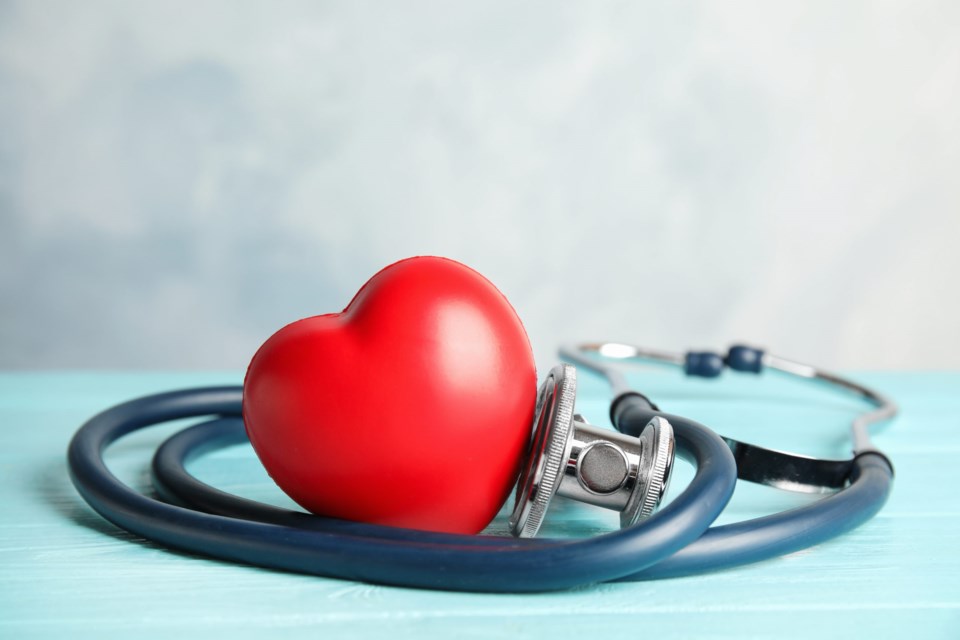The Statistics Are Rather Sobering
1 in 5 deaths in the U.S. is due to heart disease; approximately 20.1 million adults 20 and older have coronary heart disease; in the U.S. someone has a heart attack every 40 seconds.** Yet two doctors, leading their respective teams of dedicated heart specialists and caregivers— David Rawitscher, MD, Regional Medical Director with the Heart Recovery Center and William Brinkman, MD, Medical Director Thoracic Aortic Surgery of the Thoracic Aortic Disease Center—remain undeterred, upbeat even.
“I am much more optimistic now than I was even 10 years ago about treating patients and that’s what makes it worth it,” says Dr. Rawitscher. As head of the newly named Heart Recovery Center, he adds, “the new name reflects … the mission of the clinic itself. It emphasizes the goal of recovery and restoring a better quality of life. It’s designed for people with severe heart disease to get better and offers a collaborative approach to getting better.”
Collaboration is Indeed Key
The Heart Recovery Center is a resource of specialized care focused on getting the patient better. The team includes surgical and structural heart disease colleagues, geneticists, dieticians, social workers, specially trained nurses and just about every heart-related expertise available. Geared toward patients who may already be under the care of a cardiologist, this center provides extra help for those with advanced stages of heart failure. The Heart Recovery Center offers point-of-care labs, intravenous medications, pacemaker checks and care for patients with mechanical heart pumps (LVADs). Patients can undergo genetic testing and advanced imaging, including cardiac MRI, as well as meet with a dietician. Adds Dr. Rawitscher, “we don’t take the place of a patient’s cardiologist, we work with them to provide the best care possible.”
Informed Patients Are Better Patients
There is no shortage of information regarding heart disease, heart treatments and heart-related topics—whether from government sources or other health care systems. Dr. Rawitscher is a big believer in informed patients. “The more patients understand their medications and read the literature we give them, the better. We want patients to be part of this treatment paradigm.”
The Thoracic Aortic Disease Center — A Leader In So Many Areas
The Thoracic Aortic Disease Center is one of the few of its kind in the state. Under the medical direction of Dr. Brinkman, a leading thoracic surgeon himself, the center offers referring physicians and their patients valuable expertise in the area of thoracic aortic diagnosis and treatment. Using advanced technology and innovative imaging techniques the disease can now be detected earlier in the disease process.
Collaboration is Key Part II
Dr. Brinkman also emphasizes that collaboration is an essential part to positive outcomes for patients of the center. As he says. “Here, our clinic is staffed with vascular surgeons and cardiothoracic surgeons as well as nurse practitioners and imaging specialists. These staffs all meet once a week, so you get a team approach to the care of patients which is always better.”
Genetics And Heart Disease
The questions are basic but essential. Does heart disease run in your family? Are you more susceptible to having a heart attack? Do you know your risk factors? Obviously, the more patients know about their family history of heart disease, the better. Yet the importance of this genetic information is why Dr. Brinkman is quick to tell of an addition to the clinic. “We also collaborate with a medical genetics MD/PHD and with a medical genetics counselor. Something no one else in the area offers.”
The Advancements Continue
Both Dr. Rawitscher and Dr. Brinkman credits their colleagues, clinical and non-clinical teams as well as the hospital as a whole for the continuing progress made against heart disease every day. This positive outlook is summed up best by Dr. Rawitscher. “Actually, this is a quote from a recent patient. ‘I feel like myself again. Thank you for giving me my life back.’”
*Joint ownership with physicians
**cdc.gov/heartdisease/facts.htm




